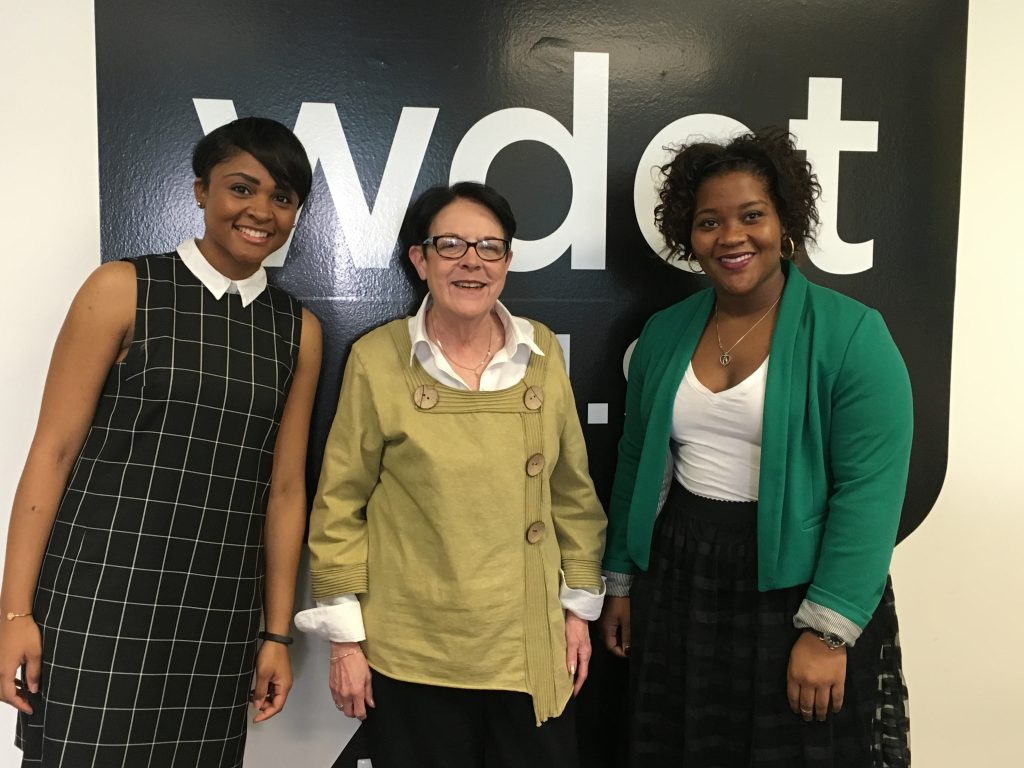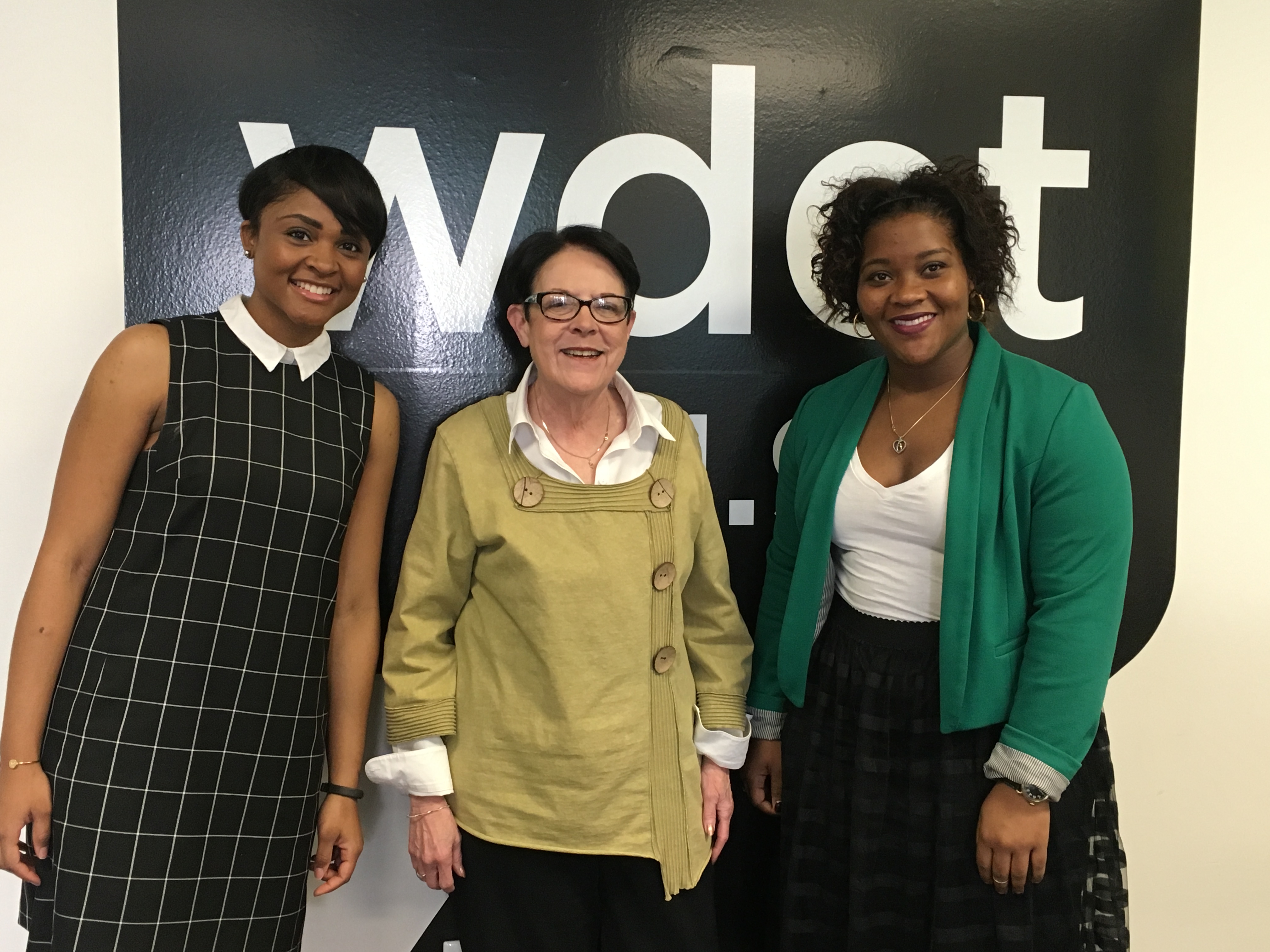What Does It Mean To Be a Feminist in 2016?
Detroit Today explores how different generations view feminism and its role in the presidential election


What does it mean to be a feminist in 2016?
One hundred years ago feminism was linked with the women’s suffrage movement and the right for women to vote. In the 1960s feminism became about the women’s liberation movement, a fight for equality with men in the workplace and at home, and for reproductive rights.
Today, what it means to be feminist is less clear. Is the modern iteration of feminism a result of the advocacy of generations of feminists, or is it an abandonment of their legacy? Women still make much less money than their male counterparts, women’s bodies are still consistently regulated in a way male bodies are not, and young women are supporting the male opponent of the strongest possibility of a female nominee for president the country has ever seen.
“What we’re seeing now is a kind of ambient feminism,” says Andi Zeisler, editorial and creative director of Bitch Media, and author of We Were Feminists Once. “We’re seeing what I call marketplace feminism, which is the process of harnessing the energy and politicism of feminism while sort of depoliticizing and de-contextualizing it.”
Zeisler says the internet has created an interesting intersection of ideas among women.
“We see these sites where women, especially young women, are realizing they’re not alone… [and] that is amazing,” she says. And she says it’s hard for media to define modern feminism. “I think our media is really used to having a figurehead [like Gloria Steinem].”
The question of what modern feminism is, is playing out in the 2016 presidential election cycle.
Maxine Berman, a former state representative and women’s rights advocate, says she’s supporting Hillary Clinton for president
“I’m supporting Hillary Clinton because I think she’s the best candidate… not because she’s a woman,” says Berman. Although she says, “I am so proud that she is.”
Berman says the role of women in the media also plays out in real-life politics.
“The public is far more used to seeing female legislators, but on TV you see men in those positions for the most part.”
To hear more from Stephen Henderson’s conversation on the intersection of feminism, media, and politics, click on the audio player above. Henderson also speaks with Arielle Johnson, founder of FIERCE – a group that works to empower women in and around Detroit – and Jasmine Morgan, vice president of FIERCE.
